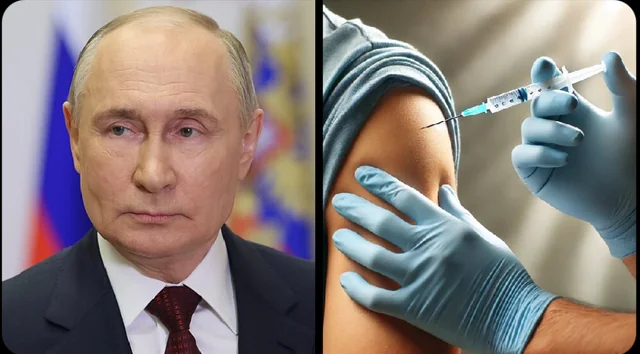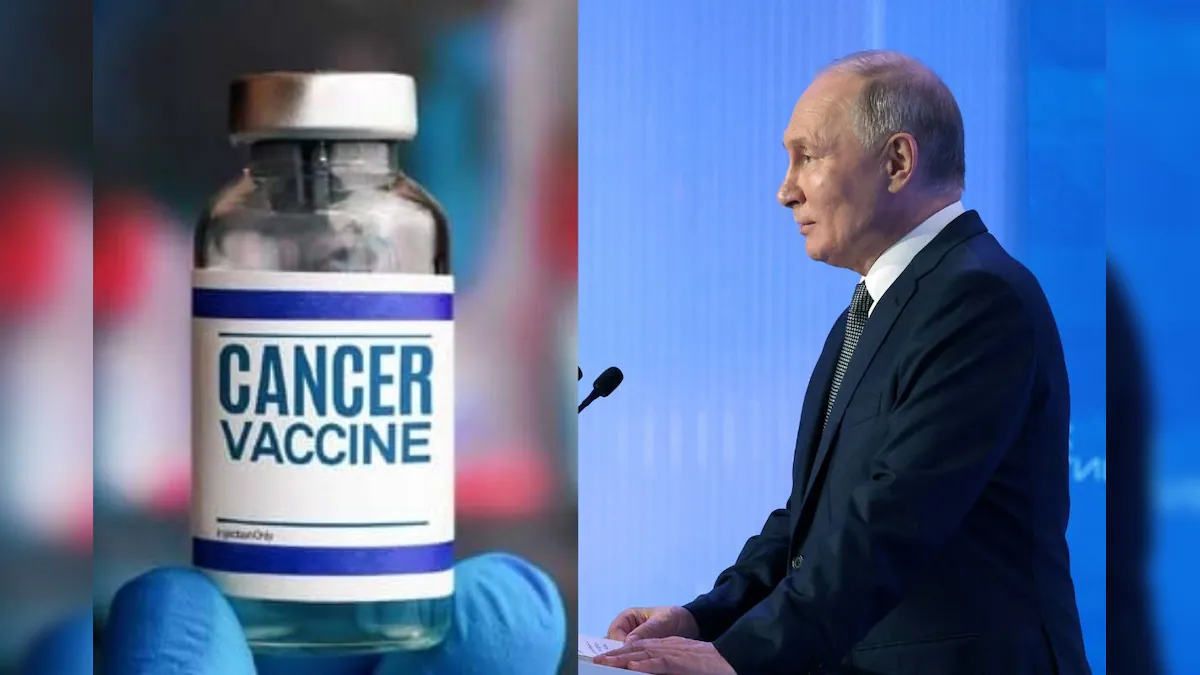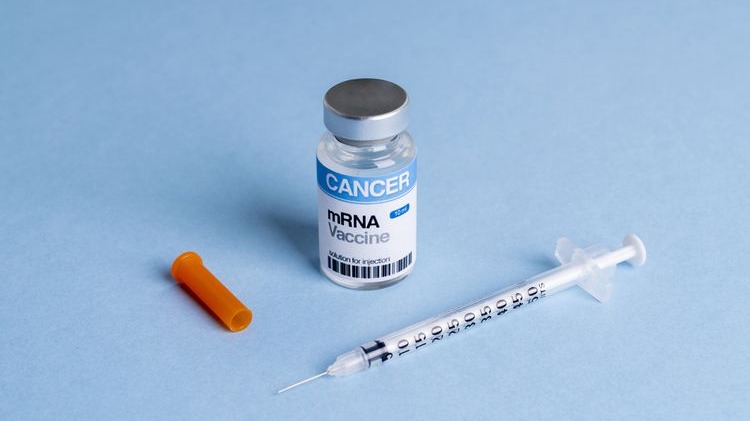Russia’s “Cancer Vaccine” – Real Hope or Medical Illusion?

Russia’s “Cancer Vaccine” – Real Hope or Medical Illusion? 
In the ever-evolving world of medicine, breakthroughs are often met with skepticism, and Russia’s recent announcement of a potential “cancer vaccine” is no exception. Following the viral discussion about what’s been dubbed the “Trojan Horse” of Russian medicine, thousands of people are now asking one fundamental question: Can this vaccine really cure cancer, or is it just another bold laboratory experiment?
With the announcement that the vaccine is now entering clinical trials, the world is watching closely. The vaccine, which claims to activate the body’s immune system to selectively target and destroy cancer cells without harming healthy tissues, promises to revolutionize cancer treatment as we know it. But is it too good to be true?
A Potential Medical Revolution
The concept behind the vaccine is groundbreaking. Cancer is notoriously difficult to treat due to its ability to evade the immune system and rapidly mutate. Traditional treatments like chemotherapy and radiation, while life-saving, often come with painful and life-altering side effects. But the potential of a vaccine that targets cancer cells specifically, leaving healthy tissue untouched, is something the medical world has dreamed of for decades.
This “cancer vaccine” works by stimulating the body’s immune system to recognize and attack cancer cells, much like how vaccines for viral infections train the immune system to fight off specific pathogens. However, unlike viruses, cancer cells are our own cells that have gone rogue, making them particularly tricky for the immune system to detect and destroy.
If the vaccine can successfully activate the immune system to specifically target and eliminate cancer cells, it could dramatically reduce or eliminate the need for chemotherapy and radiation—two of the most aggressive treatments for cancer. Imagine a future where cancer patients don’t have to endure months of grueling treatments, but instead receive a vaccine that helps their own bodies fight the disease naturally.
Entering Clinical Trials: A Step Toward Reality?
Currently, the vaccine is entering clinical trials. This means that it will be tested directly on humans to assess its safety and effectiveness. While this is an important milestone, clinical trials can take years to yield conclusive results. The first phase of these trials will focus on the safety of the vaccine, and whether it produces any serious side effects. If this phase is successful, the vaccine will proceed to larger trials to evaluate its effectiveness.
Experts are cautiously optimistic about the potential of this vaccine, but they stress that it’s still early in the testing process. While the concept is incredibly promising, no treatment is guaranteed to work until it’s proven through rigorous clinical trials.
The Potential Impact on Cancer Treatment
Should the vaccine prove successful, it could represent the most significant advancement in cancer treatment in modern history. It would open the door to a new era where patients no longer have to endure the devastating side effects of chemotherapy and radiation. In the best-case scenario, this vaccine could even help prevent certain types of cancer from developing in the first place, much like how vaccines protect against viral infections.
The implications of such a breakthrough are profound. Cancer, which remains one of the leading causes of death worldwide, could be brought under control, or even eradicated, in ways that were once unimaginable. This would not only save countless lives but also drastically reduce the financial and emotional toll that cancer treatments currently impose on families and healthcare systems.
A Leap of Faith: Is It Too Early to Hope?
Despite the excitement, many are wondering: Could this “miracle” become a reality within the next decade, or is it still too early to hope?
As with any groundbreaking medical development, it’s important to approach the “cancer vaccine” with cautious optimism. Clinical trials take time, and many treatments that show promise in early stages ultimately fail to deliver on their initial promise. The challenge with cancer is that it is not one disease, but a collection of over 100 different diseases, each with its own complexities and challenges. A vaccine that works for one type of cancer may not necessarily work for others.
However, the very fact that we are entering clinical trials for a potential cancer vaccine is a monumental step forward. It signifies the incredible strides we’ve made in cancer research and our growing understanding of the disease. Even if this specific vaccine doesn’t turn out to be the cure-all we hope for, the research surrounding it could lead to valuable insights and pave the way for future breakthroughs.
The Bottom Line: A Glimmer of Hope
While it’s still too early to say whether this Russian cancer vaccine will become the medical miracle we’ve been waiting for, the mere fact that we’re on the cusp of such a development is reason for hope. The medical community has been working tirelessly to find better, less invasive treatments for cancer, and this vaccine represents the kind of innovation that could change the landscape of oncology forever.
What do you think? Could this cancer vaccine be the key to unlocking a future free from the suffering caused by chemotherapy and radiation? Or is it still too soon to let our hopes soar?
Let us know your thoughts in the comments! Could this be the beginning of a new era in cancer treatment?











